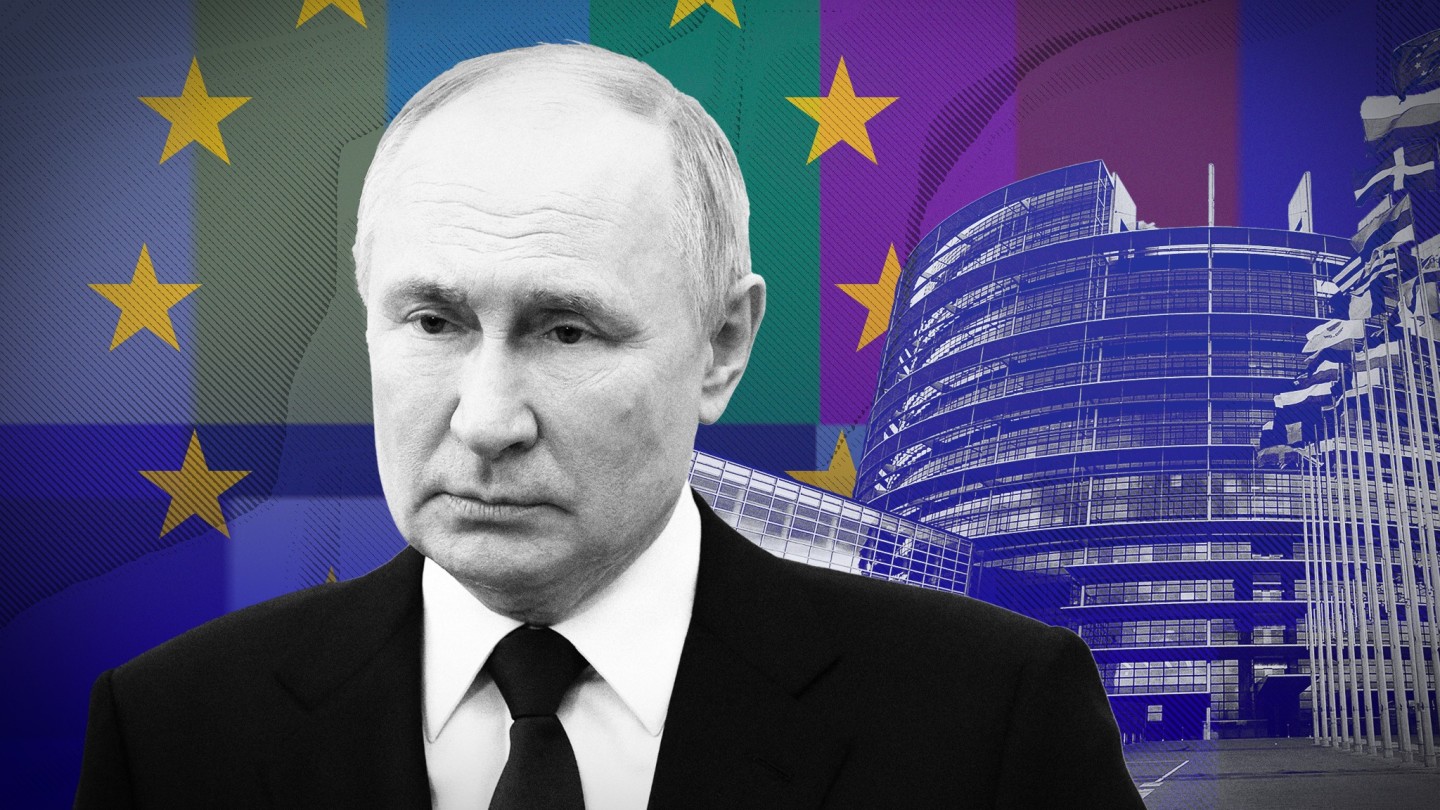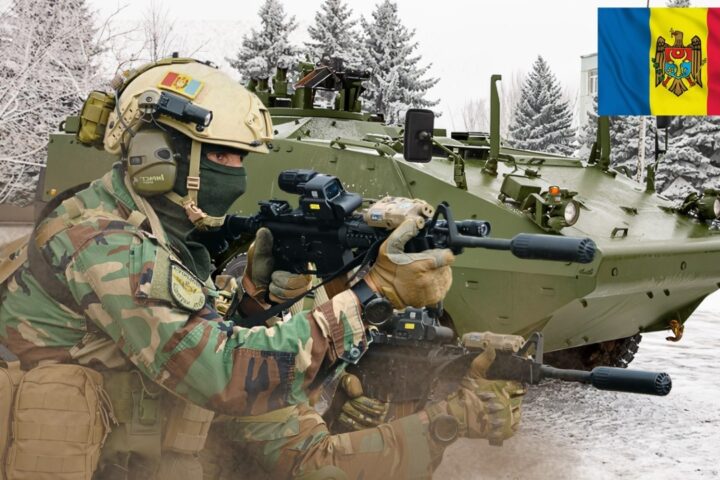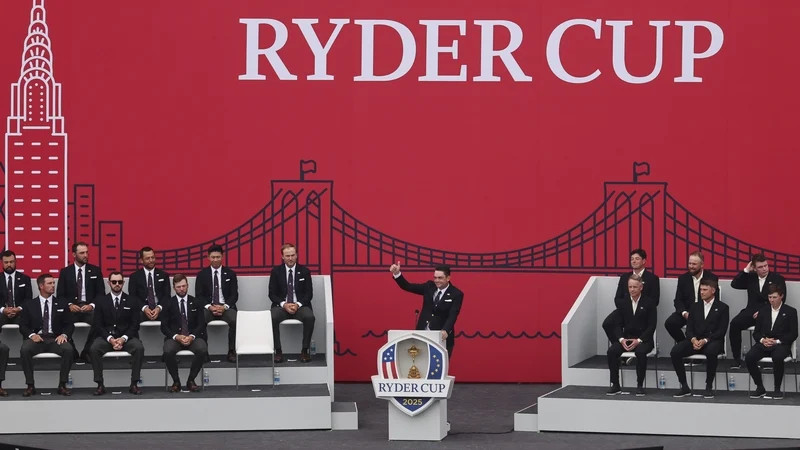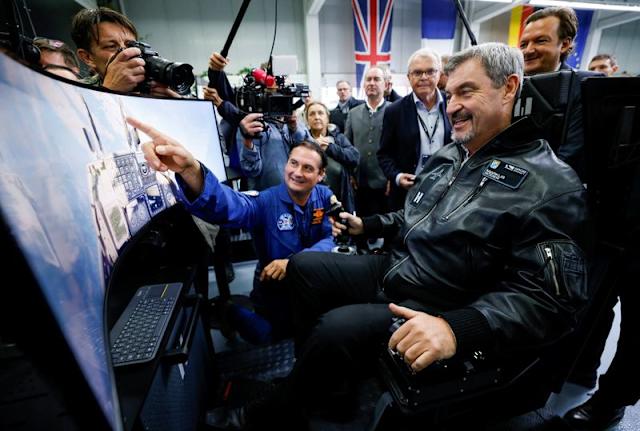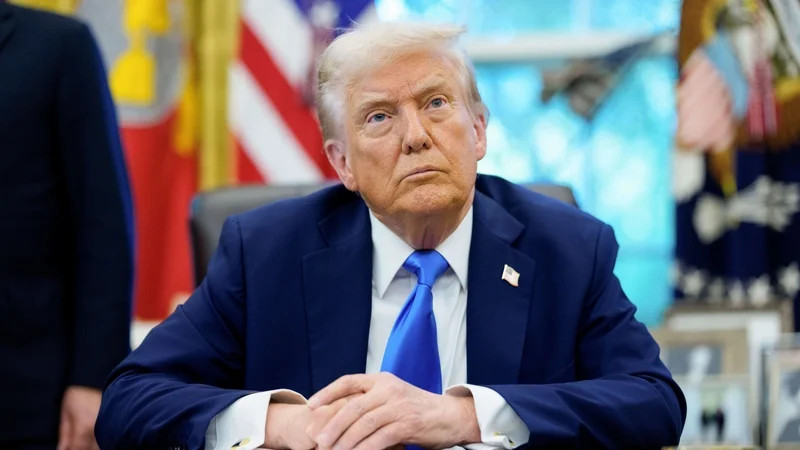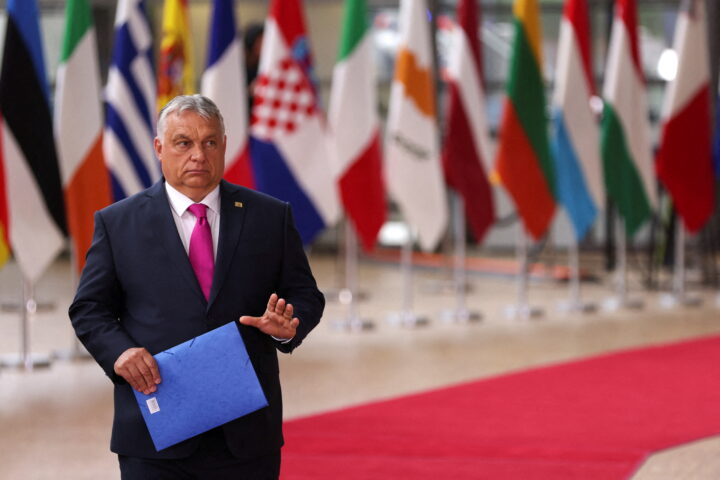Strategic offensive in the information space
A widening Russian campaign of AI-enabled disinformation and fake regional media is targeting Western democracies, researchers and investigators say, threatening trust in institutions and electoral integrity across Europe. Since early 2025 a network tracked as CopyCop (also known as Storm-1516) has rolled out hundreds of websites impersonating local outlets and even fact-checking organisations in multiple languages, accelerating the spread of fabricated reports, deepfakes and automated content. The operation’s speed and technical sophistication mark a shift from ad hoc troll farms to an industrialised influence apparatus that combines synthetic media, custom language models and coordinated dissemination.
How the network works and its tactics
CopyCop’s platforms mimic editorial formats — publishing staged “interviews,” falsified investigations and targeted stories designed to inflame social divisions or discredit Ukraine and NATO. Operators exploit familiarity with regional domain conventions to build credibility: seemingly local names and formats lower readers’ guard while AI-generated text and video make falsifications harder to spot. The campaign intentionally uses languages and regions where democratic institutions or media ecosystems are more fragile, amplifying narratives that undermine public confidence and polarise debate.
Personnel and networks behind campaigns
The effort is backed by a mix of exiled operatives, ideologues and technologists who have been repurposed to sustain disinformation infrastructure. Western reporting has linked U.S.-born propagandists working from Russia to deepfake production and targeted campaigns aimed at American and European audiences. At the same time, fugitive figures with alleged ties to Russian intelligence have been reported in Moscow and in conflict zones, illustrating how shady personal networks are folded into broader influence operations.
Political impact and documented election interference
The consequences play out most starkly at election moments. The deployment of synthetic scandals, targeted social-media pushes and influencer-style messaging has coincided with political shocks and contested votes in Europe. Investigations and reporting have described efforts aimed at Moldova’s 2025 parliamentary campaign — including voter recruitment abroad, protest organisation and disinformation on social platforms — intended to weaken pro-European parties and sow doubt about outcomes. In other cases, national authorities have cited coordinated online campaigns as factors in unusually volatile election contests.
Case studies: Romania and Moldova
Romania’s 2024–2025 electoral disruption, culminating in an unprecedented Constitutional Court decision to annul a presidential first round on 6 December 2024, highlighted how extraordinary claims and foreign-organised digital campaigns can erode confidence and force judicial intervention. Moldova’s 2025 vote has been repeatedly identified in reporting as a priority target for Russian influence operations seeking to blunt EU-oriented policies and to create post-election legitimacy disputes. Those episodes illustrate how hybrid tools — from fake media to on-the-ground provocations — are synchronised to achieve political leverage.
Risks to democratic resilience and recommended responses
Experts warn that the combination of cheap generative AI, rapid site creation and social amplification creates a persistent threat to democratic processes: if voters cannot distinguish fact from fabrication, the legitimacy of elections and institutions is at risk. Responses called for by analysts include coordinated intelligence sharing, rapid takedown cooperation with domain registrars and platforms, regulation to increase AI transparency, and public media literacy campaigns to inoculate societies against synthetic narratives. Technical countermeasures must be paired with sustained political will and funding for strategic communications to deny adversaries the space to reframe events.
What’s at stake
CopyCop and similar operations are not ephemeral propaganda bursts but an organised capability aimed at fragmenting public discourse and manipulating political outcomes. Left unchecked, they can hollow out democratic debate, magnify extremist voices and make electorates more susceptible to external coercion. Officials and civil society face a choice: treat these campaigns as isolated misinformation problems or confront them as a component of national security that requires a unified, cross-border response.
